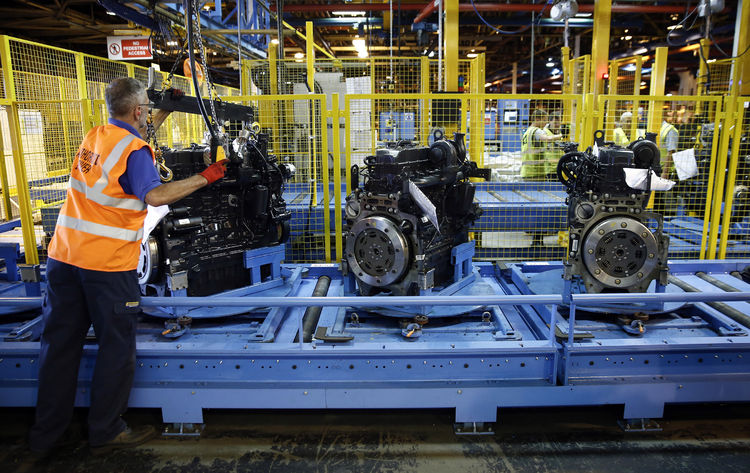Markets
MAN Seeks Manufacturing Development Bank

- MAN Seeks Manufacturing Development Bank
The Manufacturers Association of Nigeria (MAN) has urged the Federal Government to set up a bank that will address the financial needs of the manufacturing sector.
Its President Dr. Udemba Jacobs, said the establishment of a Manufacturing Development Bank (MDB) would cater for the credit needs of the manufacturing sector, lamenting that conventional banks have failed to support the manufacturing sector.
In a communiqué signed by Jacobs at the weekend, he also sought the sustenance of priority foreign exchange (forex) allocation for raw materials, spare parts and machinery to the industrial sector in order to improve production.
Jacobs said the empowerment of the Development Bank of Nigeria (DBN) to fully commence operations and the re-capitalisation of the Bank of Industry (BoI) to enable it meet up with the huge credit demand of the industrial sector was also important.
He said the Federal Government should intensify efforts at further diversifying the economy away from oil and expedite the resumption and implementation of the Export Expansion Grant (EEG) to catalyse non-oil export forex earnings.
He regretted the difficulty in accessing various development funds created by the Central Bank of Nigeria (CBN) such as the N220 billion Micro Small and Medium Enterprises Development Fund (MSMEDF) and the N300 billion Real Sector Support Facility (RSSF). He asked the government to relax the stringent conditions that denies manufacturers access to the funding windows. According to him there are other fundamentals that government needed to look into to stimulate the sector.
He said: “We are expecting the National Assembly to pass the Moveable Collateral Registry and the Credit Reporting Acts into law. The four existing refineries should be made functional either by outright rehabilitation or through privatisation. The association is expecting the design and implementation of policies that will encourage private sector investment in petroleum products refinery and the revisiting and full implementation of the Power Sector Reform and the power sector roadmap to improve the efficiency of the generation, transmission and distribution companies.”
The MAN chief called for the re-classification of the manufacturing sector into strategic gas users from the current commercial classification and ensuring proper settlement of acquired properties such as land for electricity equipment installation to avoid anger that may lead to destruction of the infrastructure.
He also called for stricter punitive measures for vandals of critical national infrastructure and the resuscitation of the nation’s petro-chemical sector, noting that modern industrialisation is chemical based with most of the industrial chemicals as bye-products of crude oil.
On access to raw materials he stressed the need to improve the local sourcing of raw-materials through effective development of agriculture, solid minerals and the petro-chemical sectors.This is in addition to aggressively developing key selected mineral resources through the creation of incentives for backward integration especially for those with high inter-industry linkage such as iron ore, zinc-led, bitumen, lime stone and coal.
Jacobs stressed the need to encourage strong private sector participation in backward integration through the provision of affordable credit, extension services and other incentives such as a stronger public-private partnership (PPP) in road and rail construction, including other infrastructure development in the country.
Others are exhaustive consultation among stakeholders in policy design, consistency, signing into law the Petroleum Industry Bill (PIB) to encourage the development of the petroleum sector and create the much needed petrochemical base raw-materials for the use of the manufacturing sector and fast tracking the work of the committee on the harmonisation of taxes and levies.
He called the attention of government to the macroeconomic terrain in 2016, especially in the first half, which he declared as highly volatile for general economic activities and especially for the manufacturing sector to make meaningful headways.
He disclosed that the sector only had some breather and momentum when government responded to various calls with a 6 per cent preferential FX allocation to manufacturers for importation of raw-materials and machinery that are not locally available.
“However, notwithstanding the leeway gained in the second half of the year, it is very important for the government to continue to address the multifarious economic challenges facing the economy especially the manufacturing sector by taking cognizance of the need to implement policies that will grow the real sector”, he added.